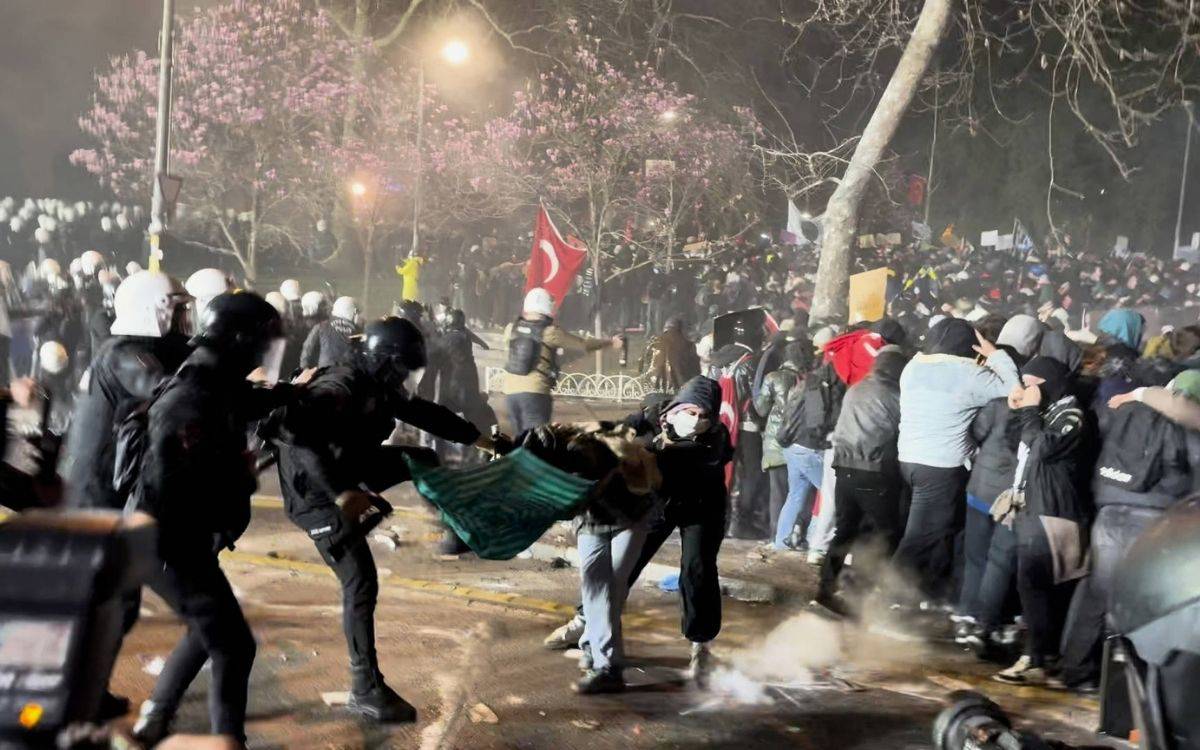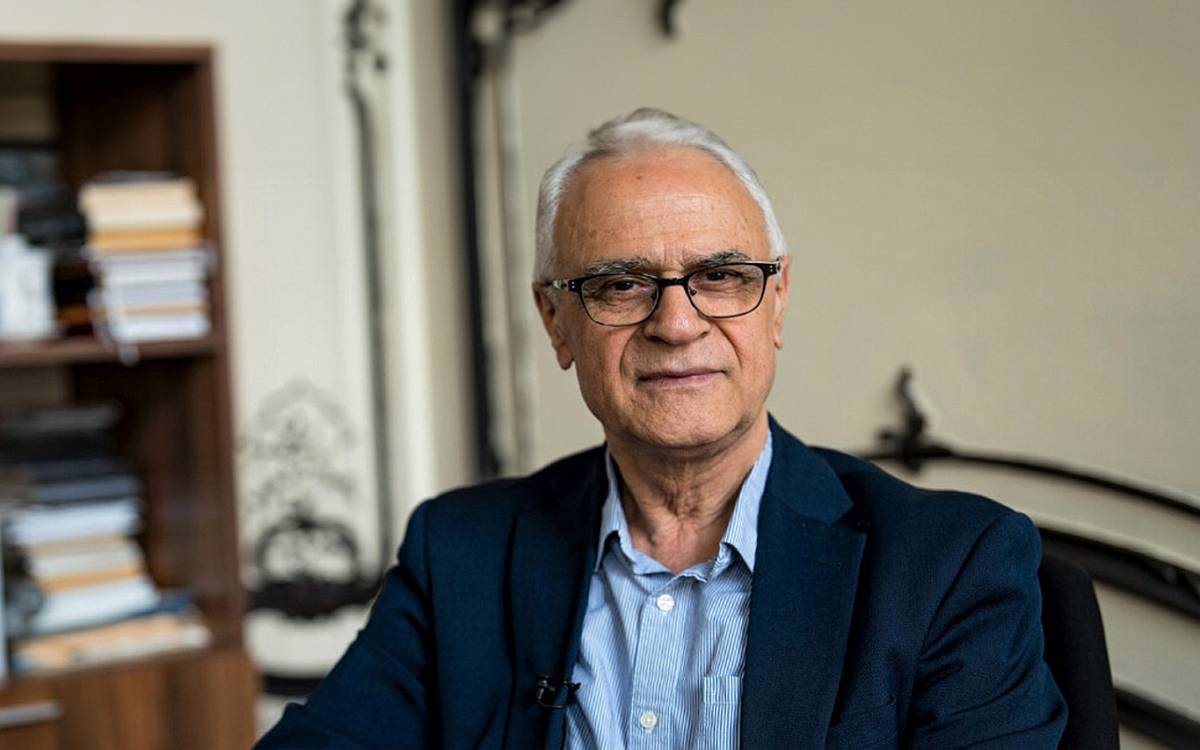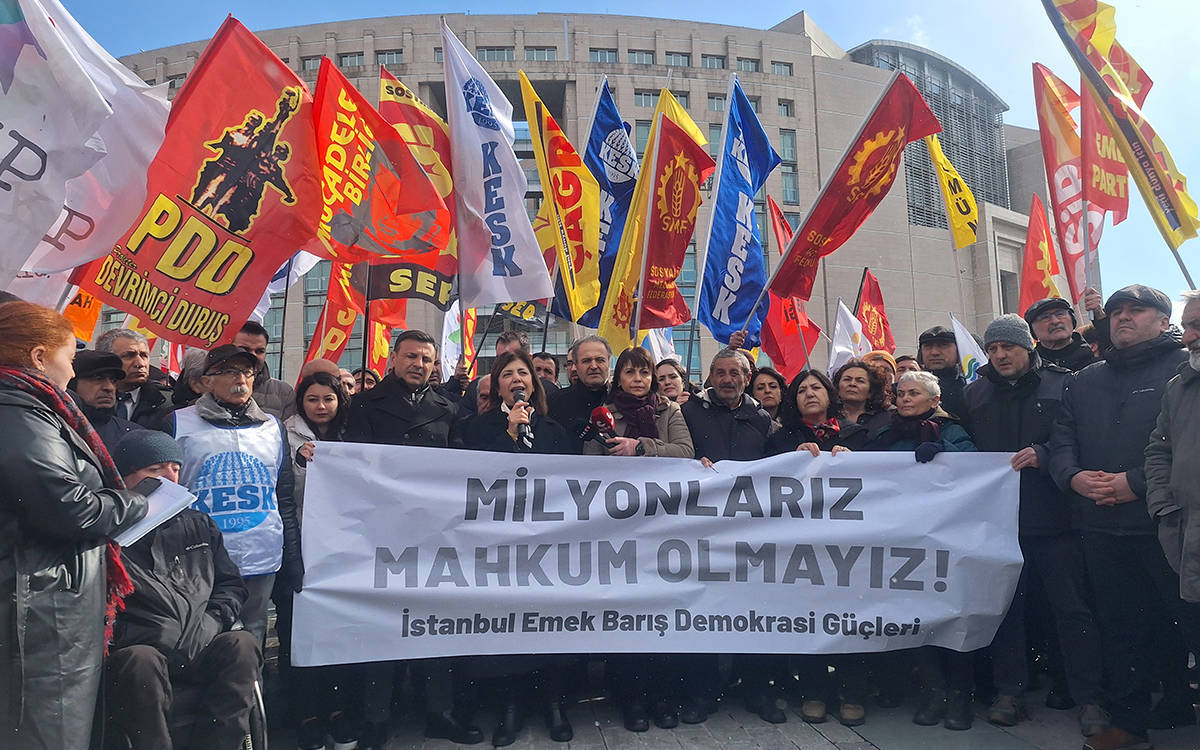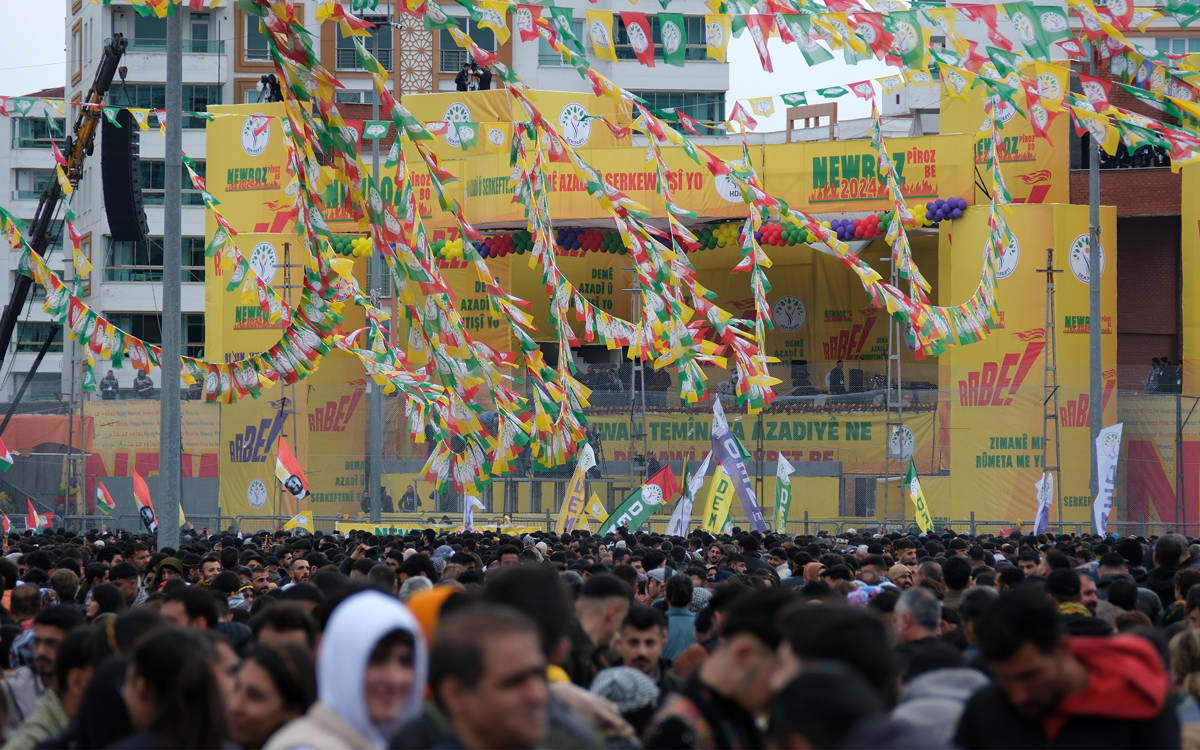Click to read the article in Turkish
After eight-year-old Ayaz Güloğlu and his four-year-old sister Nupelda lost their lives in an explosion in Ovacık, Dersim on July 15, war remnant explosives and mines have been brought up to the agenda again.
While several non-governmental organizations and bar associations have denounced the incident, "the Convention on the Prohibition of the Use, Stockpiling, Production and Transfer of Anti-Personnel Mines and on their Destruction", which is also known as Ottawa Treaty and was signed by Turkey in 2004, has been opened up for discussion.
How many mines were removed and where?
But, how many landmines are there in Turkey? How many of them have been removed? Which regions are at risk?
According to the data of "A Turkey Without Mines Initiative", it is estimated that there are currently 1 million 3 thousand 943 mines buried underground in Turkey. Up until today, only 50 thousand 714 of 1 million mines have been cleared by Turkey so far. The country has not yet signed the Additional Protocol no. 5 on war remnant explosives.
The highest number of mines are in the provinces of Dersim, Ağrı, Batman, Bitlis, Antep, Hakkari, Hatay, Iğdır, Kars, Mardin, Siirt, Urfa, Şırnak, Van, Bingöl and Diyarbakır. The province with the highest number of mines is indicated as Dersim, where two children lost their lives.
Öğreten: Turkey's obligations started in 2004
Speaking to bianet about the issue, A Turkey Without Mines Initiative Coordinator Muteber Öğreten has stated that Turkey is a country which is contaminated with not only landmines, but also war remnants:
"It was between the years of 1950 and 1955 when the first mines were laid in Turkey, especially in border regions. Afterwards, mines were laid again in the 1990s. The laying of mines continued until 1996.
"In a report that Turkey prepared when it became a party to the Ottawa Treaty, the reason for laying mines was stated as 'struggle against terrorism'. It declares moratorium. It stated that it would not use mines any longer.
"Parliamentary sessions were also held in 2003. Then, in 2004, the law on the approval of Ottawa Treaty was enacted, the country signed the treaty, thereby entering into obligation. And its obligations started on March 1, 2004.
'Turkey is obliged to remove all landmines till 2022'
"The treaty has four important articles. The Ottawa Treaty says that Turkey is obliged to destroy all mines in its stock within four years, to remove all mines laid on land within ten years, to fence all areas suspected or known to be harboring mines so that civilians would not come to any harm and to prepare programs to rehabilitate the mine victims.
"Turkey destroyed 3 million mines in its stock in 2011 and it pledged that it would remove over 1 million mines laid underground till 2014. However, only 25 thousand landmines on border regions have been cleared so far.
"That being the case, the country could not fulfill its pledge and requested additional time till 2022. But, with its current pace and policies, Turkey will be unable to fulfil its pledge until 2022, either."
'Mines removed as part of border security'
Underlining that the landmines in inner regions of Turkey constitute the main problem, Öğreten has continued as follows:
"Turkey started removing the mines on its border regions, where there arise fewer incidents when compared with the previous years. Because the country brought the change of security system on its eastern and southern borders into its agenda. The country prepared a European Union (EU) project to remove the mines on its eastern borders.
"This project started in 2017. The mines on the eastern border had to be removed so that any changes could be done on the borders. Therefore, these are two simultaneous processes. First, the mines are cleared. Then, a system is established for border security.
"What is done here is not within the scope of Ottawa Treaty. It is done within the frame of border security. The removal of even a single mine is, of course, very important, but the aim here is different.
'The main problem is inner regions'
"The main problem is experienced in the inner regions of the country, rather than the borders. Sometimes, no incidents occur in border regions for years. In inner regions, on the other hand, more incidents arise in places where people live and pasture their animals.
"We see that incidents happen around the evacuated villages, on village roads, in the vineyards and orchards. If we prioritize the lives of civilians, we have to start in inner regions, where the main problem comes up."
'Mines do not ask for IDs'
Indicating that Ottawa Treaty covers only the anti-personnel mines, not the anti-vehicle and anti-tank ones, Öğreten has also stated,
"The anti-personnel mines are triggered by the victims themselves. And they do not have targets. Ant-vehicle and anti-tank mines have their targets, but the anti-personnel ones do not. Anyone can be their targets, be that the civilians, animals and even the ones laying them. That was why our slogan was 'Mines don't ask for IDs.' These weapons indeed do not ask for IDs.
"Moreover, there is something else that we particularly experience in this country and it is the other weapons. The ones who were used in war, but did not explode at that time can fire when touched for the second or third time.
"The number of deaths caused by war remnants, rather than landmines is on the increase. And the last example of that was experienced in the district of Ovacık in Dersim. Two children lost their lives. According to the not-yet-clear information, it might have been caused by an improvised explosive device.
'We can start making peace by removing mines'
"In other words, Turkey is a country contaminated by war remnants in addition to landmines. Therefore, they need to be removed as well.
"There are works in the world that aim to remove war remnants. There is the Additional Protocol no. 5 on the removal of war remnant explosives. However, Turkey has not signed it.
"If we want to talk about peace today, I think we can start by removing them.
"Because anti-personnel landmines are weapons that do not recognize humans. Even if peace was signed today, these weapons would maintain their destructive effects if they are not taken out of the ground and destroyed.
"The political parties in the Parliament also have fundamental duties in Turkey's fulfilment of its obligations." (RT/EKN/SD)
* Photograph: AA - Archive







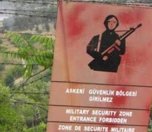

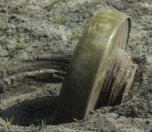
rergerfe.jpg)

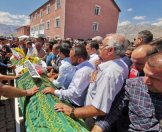
dskj.jpg)
